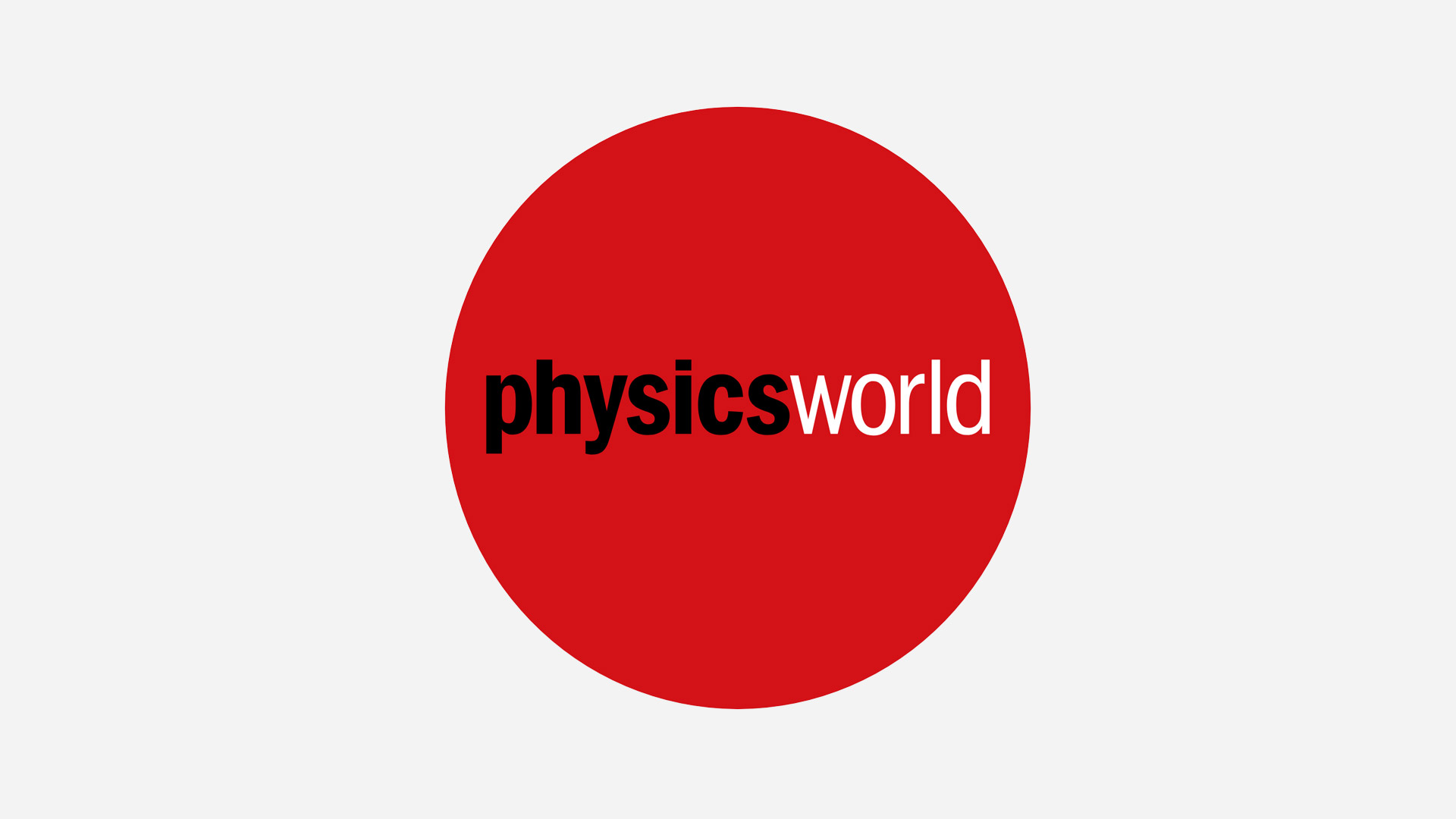
Author
-
Array
(
[0] => linkedin
[1] => facebook
[2] => twitter
[3] => google-plus
[4] => youtube
)
Array
(
[0] => linkedin
[1] => facebook
[2] => twitter
[3] => google-plus
[4] => youtube
)
Array
(
[0] => linkedin
[1] => facebook
[2] => twitter
[3] => google-plus
[4] => youtube
)
Array
(
[0] => linkedin
[1] => facebook
[2] => twitter
[3] => google-plus
[4] => youtube
)
Array
(
[0] => linkedin
[1] => facebook
[2] => twitter
[3] => google-plus
[4] => youtube
)
No Author
Author archive


Nobel laureate Glenn Seaborg dies
Seaborg shared the 1951 Nobel Prize for Chemistry with the physicist Edwin McMillan. In addition to a long career at the University of California and the Lawrence Radiation Laboratory, both in Berkeley, Seaborg was also chancellor of the University of California and head of the Atomic Energy Commission. During the Second World War he was […]

Physics highlights the randomness of fashion
In Fink and Mao’s method the space surrounding the tie is split into three sections: left, centre and right. To begin the wide end of the tie is passed either over or under the narrow part. The knotting process then continues with a series of half turns or moves either towards or away from the […]

Sunlight moves asteroids
Some asteroids are pulled into near-Earth orbits by gravitational resonance effects created by the combined pulls of Mars, Jupiter and Saturn. However, it has been known for many years that another mechanism must be pulling asteroids out of their more typical Mars- Jupiter orbit. Farinella and Vokrouhlicky suggest that when large asteroids collide, their fragments […]

Heavy nuclei start to shape up
The existence of superheavy elements was predicted about 30 years ago on the basis of the nuclear shell model, which was originally developed in 1949. The model explains why nuclei with certain “magic” numbers of neutrons or protons are especially stable: these nuclei have closed shells of either protons or neutrons. Magic nuclei are spherical […]

Ideas for a new era
Three major reports have already been published – on atomic, molecular and optical science; plasma science; and elementary-particle physics – and reports on nuclear physics and gravitational physics are being completed. A separate NRC panel is preparing a report on astronomy and astrophysics. The latest Physics in a New Era report to emerge, Condensed-Matter and […]

Learning lessons about ethics
To what extent should a formal education in ethics be part of the university physics curriculum? When this question is raised in the physics community, the response is often that there is no significant problem with fraud in physics, and hence that including ethics in the curriculum is unnecessary. Even raising the question is viewed […]
 Read article: Molecular materials make their mark
Read article: Molecular materials make their mark
Molecular materials make their mark
Basic research into the optical, electronic and magnetic properties of organic and molecular materials is thriving, and has led to a new generation of electronic devices and displays

Whatever happened to cold fusion?
Some researchers remain adamant that cold fusion is real, as David Voss reports

Laser accelerators receive a boost
Physicists hope to develop new ways of accelerating particles because of the high cost and large size of traditional accelerators. Electrons in standard accelerators gain energy by surfing large electromagnetic (EM) waves contained by powerful magnetic fields. However it may be possible to adapt the intense EM waves generated when a laser pulse interacts with […]